
UK ISPs are told to block more pirate sites
The music industry has tried various things to combat piracy over the years, ranging from actually selling music online, to suing alleged file sharers/customers. In the United Kingdom, the British Phonographic Industry is trying to force internet service providers to block access to infringing sites.
The Motion Picture Association started the trend last year by going to the courts and asking them to block access to Newzbin 2, a members-only site sharing music and video. The BPI followed its approach, successfully getting the High Court to order ISPs to block access to The Pirate Bay, and now it’s got three more major torrent sites in its crosshairs.
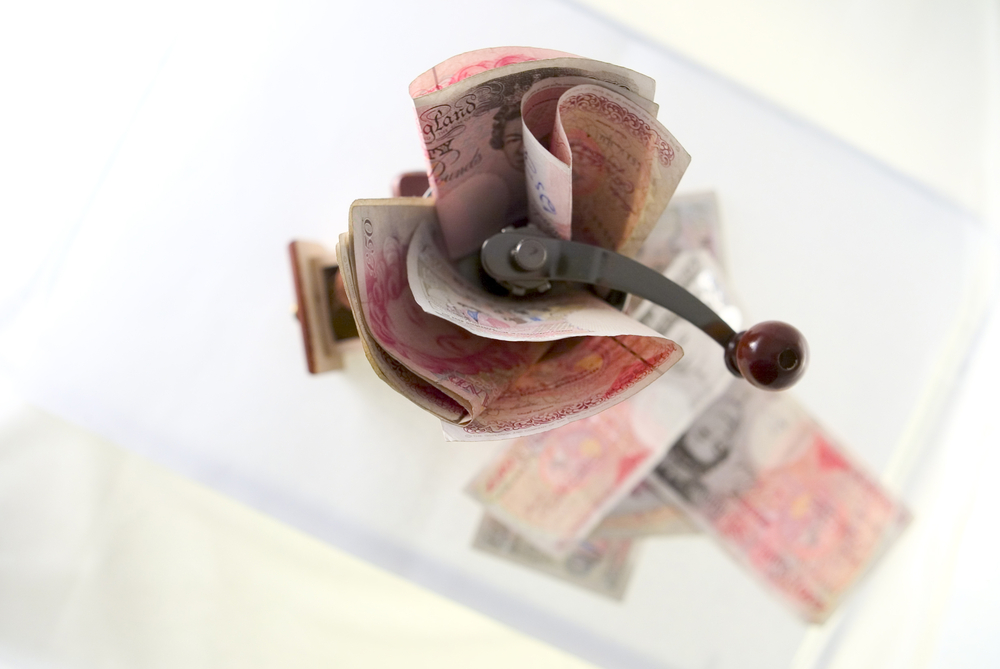
Tech companies pay next to no tax in United Kingdom
Despite making huge sums of money in the United Kingdom, many of the major tech companies based there pay surprisingly little tax. Exactly how little has only just started to come to light, thanks to investigations by several national newspapers.
The latest company to be exposed for paying a pittance in UK tax is eBay which, according to the Sunday Times newspaper, paid just £1.2m in 2010, despite its UK subsidiaries generating sales of close to £800m, and making an estimated profit of £181m.

The Pirate Bay embraces the cloud
Who said that pirates don't embrace the future? In a blog post, Swedish BitTorrent tracker The Pirate Bay announced that it's moving the entire operation to the cloud. How's that for a change?
The trackers, torrents and servers are "ditched" and the controversial BitTorrent tracker has moved its data, in "deeply" encrypted forms, in "thousands of clouds," according to the announcement made yesterday. There is also a fail-safe system used to reboot the nodes that "transform" the data into a deadlock. So what's the point of all this? Surely it is not to embrace modern data storage solutions. The Pirate Bay has had problems with the law in the not so distant past, and moving sensitive data to the cloud looks like a move designed to protect the men behind it from various allegations.

More bad news for Apple as it loses appeal in Samsung case
Apple today lost an appeal against the UK ruling that found rival Samsung's Galaxy Tab did not infringe its design rights. The original case, in which Judge Colin Birss declared Samsung’s tablets were not cool enough to be confused with the iPad, found in favor of the South Korean company and ordered Apple to publish a notice on its website and in various print titles (for a minimum of six months), informing visitors and readers that Samsung did not copy the design of Apple’s tablet.
The Court of Appeal’s review of the case upheld this ruling, meaning that Apple must comply with the original order. And just for a little additional salt/wound rubbing, one of the three appeals judges, Lord Justice Kitchin, stated that the typeface used in the notices must be no smaller than 14 point Ariel.
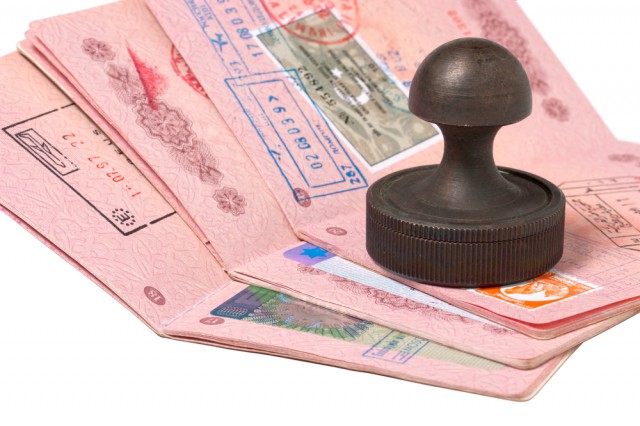
IBM doesn't even pretend to comply with H-1B immigration law
I’ve been away. We had a death in the family (my brother-in-law) which turned me into a single parent for a few days -- a paralyzing experience for an old man with three small boys and two large dogs. You never know how much your spouse does until it all falls for awhile on your shoulders. I am both humbled and a bit more wrinkled for the experience.
While I was being a domestic god a reader passed to me this blog post by John Miano, a former software developer, founder of The Programmers Guild, now turned lawyer who works on immigrant worker issues as a fellow at the Center for Immigration Studies (CIS) a supposedly nonpartisan think tank in Washington, DC. I don’t know Miano and frankly I hadn’t known about the CIS, but he writes boldly about H-1B visa abuses and I found that very interesting.
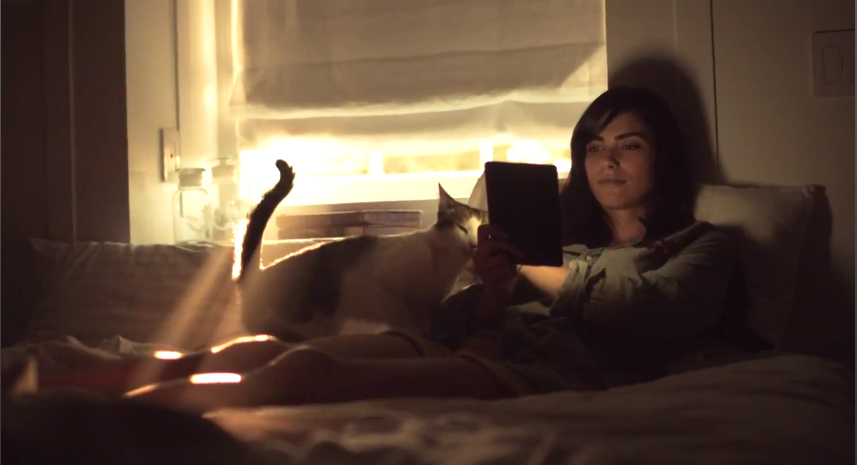
Amazon tells Kindle customers to expect buying credit, thanks to ebook price-fixing settlement
I bought my first ebook in 1999 and in recent years stopped purchasing print altogether. My wife is a relative ebook newbie, so I am surprised that she and not me received an email today from Amazon about a forthcoming purchasing credit. Perhaps you got a similar message.
In April, the Justice Department accused Apple and five publishers -- Hachette SA, HarperCollins, Macmillan, Penguin and Simon & Schuster -- of fixing ebook prices. Three publishers settled; MacMillan and Penguin, along with Apple, refused. The three publishers also settled with states attorneys general, agreeing to put $69 million in a fund for consumers. The Amazon purchasing credit is product of the settlement.
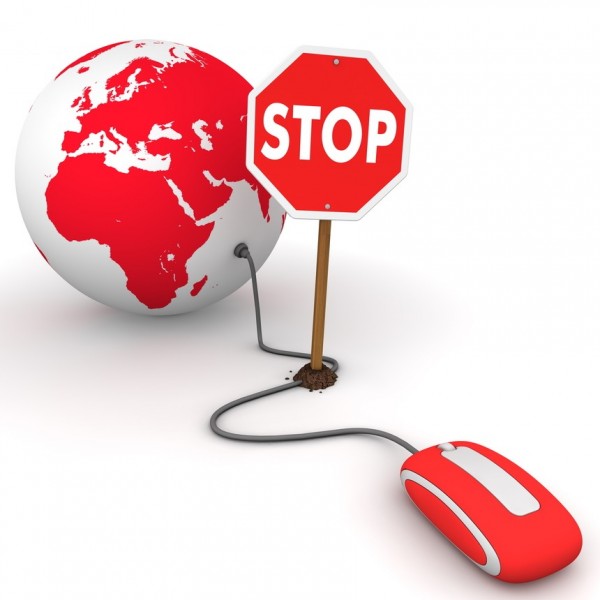
Saudi Arabia calls for new international body to censor the Internet
You’ll no doubt be familiar with The Innocence of Muslims, the controversial film that has angered Muslims across the Middle East, sparking riots and leading to several deaths.
It’s unlikely you’ll have actually watched it, although the more curious among you may have caught some of it on YouTube, where the film is still freely available -- provided, of course, you’re not reading this in one of the countries where Google has blocked it, specifically Libya, Egypt, India, Indonesia, and Malaysia. Russia recently banned the film, too, which unsurprisingly also is not available to watch in Iran, Pakistan, or Afghanistan, where they’ve chosen to go a step further and block YouTube entirely.
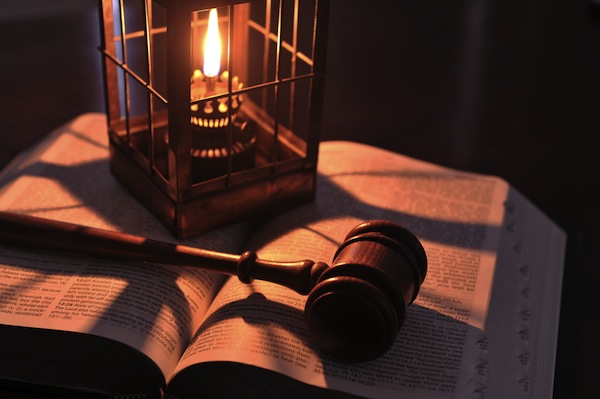
Appeals court ruling is big trouble for Apple and Judge Lucy Koh
Rarely since I started reporting tech legal cases 15 years ago is an appellate order so clear: "We hold that the district court abused its discretion in enjoining the sales of the Galaxy Nexus". More: "Reversed and remanded". Ouch.
Today, the United States Court of Appeals for the Federal Circuit rejected the preliminary injunction that US District Judge Lucy Koh imposed against Samsung Galaxy Nexus and sent the case back to her. Matters are worse for Koh and Apple, if this 18-page order foreshadows anything about the recent jury verdict against Samsung.

Google gets a break in the US, a warning in Europe
Trustbusters and other regulators still have their eyes on Google, which in response has maintained high lobbying presence in Washington. Is that effort paying off?
This week is surprisingly chock full of happenings -- good or bad, you be the judge -- for Google in the areas of lobbying and antitrust. Governments changed their positions on antitrust, rivals combined efforts and Google shifted strategy. All-in-all, it must be busy at the Washington, DC offices.

Apple is the new leader in technical stagnation
The golden years of Apple's outright dominance in technical innovation is fading, and quickly at that. The iPhone 5 just launched with a deservedly ho-hum and lackluster reception, with many people asking the obvious question: that's it? For a company riding the high waves of Wall Street for more than a few years now, with earnings going through the roof quarter upon quarter, is this the best that a larger-than-life tech giant can bring us?
Maybe the naysayers are right in that Apple is the leftover shell of a monolith once passed (post-Jobs.) Perhaps that internal drive to bring out the best in technology they release is starting to fizzle. I'd go as far as to argue that Apple never really has been as continually innovative as many people may believe. While Apple does have an easy ability in commanding the lead for sectors it enters, this doesn't necessarily mean the company if filled with technical Einsteins as so many supporters clamor to believe.

I would end my boycott if Apple stopped bullying others
Apple is on my mind again, with the company hosting a big media event tomorrow presumably to unveil iPhone 5. I'm not seriously thinking about buying the smartphone, certainly not sight unseen. I'm super satisfied with Galaxy Nexus -- if not, I'd move to a LTE Android, perhaps HTC One X or Samsung Galaxy S III. Rather, iPhone 5 is good time to assess my personal Apple boycott, where I sold off all my fruit-logo gear in protest of patent bullying.
Until July, I was a long-time Apple user, starting with the December 1998 purchase of the original Bondi Blue iMac. Then about six months ago, Apple's persistent competition-by-litigation tactics finally made me mad. I also had grown sick of Apple media bias that borders on the insane. How crazy? Yesterday, Washington Post explained "How Apple’s iPhone 5 could singlehandedly rescue the US economy". Bad is worse -- today, extending this economic lift to US presidential elections, Nextgov (a product of the National Journal Group) asserts: "How the iPhone 5 could help re-elect Obama". These are people I really don't want to associate with. (Say doesn't the president use BlackBerry?)

Judge Koh should vacate the Apple-Samsung verdict
Jurisprudence demands that US District Judge Lucy Koh right a terrible miscarriage of justice occurring in her courtroom. The Apple-Samsung patent dispute is nothing but a mock trial. The jury ignored key instructions, failed to complete a crucial checklist, made egregious errors on the final verdict form and reached a verdict after 21 hours of deliberations. The foreman misunderstood one of the concepts fundamental to the case -- prior art -- leading the jury astray. Then there is Judge Koh, who prevented Samsung from presenting key evidence or witnesses that could have made its defense and case against Apple more credible.
Apple claims that Samsung copying iOS device designs and patents causes irreparable harm. But the greater injustice is against the South Korean manufacturer, which is branded a copycat and thief -- all while the victim of terrible misreporting by analysts, bloggers, journalists and other writers. Samsung suffers irreparable harm here, not Apple. Judge Koh let this travesty occur on her watch. She should be ashamed and do what this malfeasance demands: Set aside the verdict. Best scenario: She should deny all claims by both parties, and let them sort it all out on appeal. Acceptable: Order a new trial. She let the case get out of control. Time is long past to reel it in.

5 reasons the Apple-Samsung ruling is GOOD for everyone
The outcome of the recent Apple vs Samsung trial isn’t particularly surprising -- the American company was always going to benefit from home-court advantage -- but the comprehensiveness of the victory shocked a lot of people, and at a stroke changed the smart devices industry for good. Yes, Samsung will appeal, and might succeed in overturning some of the findings or reduce the amount owed Apple (although, equally, the South Korean company might end up paying even more as the wilfull infringement finding is very damning). But there’s no question the result, as it stands, has repercussions not just for Samsung but for several of Apple’s other rivals.
My colleague Mihaita Bamburic claims that the ruling is bad for everyone, and while his position has merit, I view things differently. I see the result as having a positive impact in the long term, and here’s why.
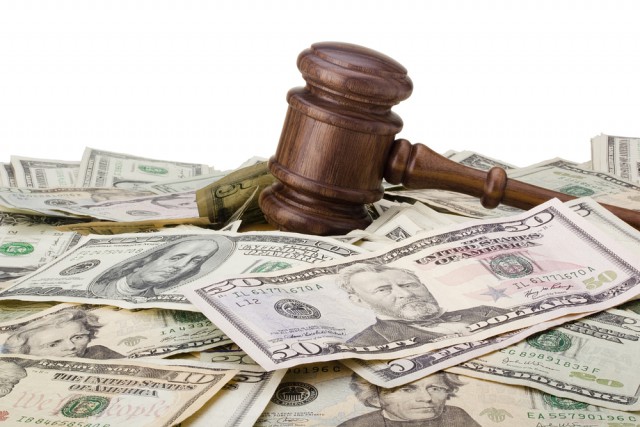
Apple wins big: Samsung ordered to pay $1.05 billion in damages
Just yesterday I reported that a South Korean court had found Apple and Samsung both guilty of infringing each other’s patents, and claimed that in a good patent war no one wins. Turns out I was wrong. Big time. A few hours after that story posted, news reached us that the jury in the American leg of the global Apple vs. Samsung battle returned a verdict, and a damning one for Samsung.
After taking less than three days to deliberate the case, the jury found that Samsung copied from Apple, rejected all of Samsung’s own counter claims, and awarded the American company $1.05 billion in damages.

Apple vs Samsung: In a good patent war no one wins
In the 1983 classic movie WarGames, Matthew Broderick hacks into a top secret super-computer and comes close to initiating World War III. The global catastrophe is only avoided when the computer, "Joshua", starts playing Tic Tac Toe against itself and discovers it can’t win, coming to the inevitable conclusion that "the only winning move is not to play."
It’s a film that maybe Apple and Samsung should sit down and watch together. While the jury is still out in their current big Californian patent case, in South Korea, Samsung’s home and just one of several countries where the global lawsuit is being fought, the court has just ruled simultaneously that both firms infringed each other’s patents. And, as a result, ordered them to both pay damages, and imposed sales bans on all related products (none of which are the latest models).
